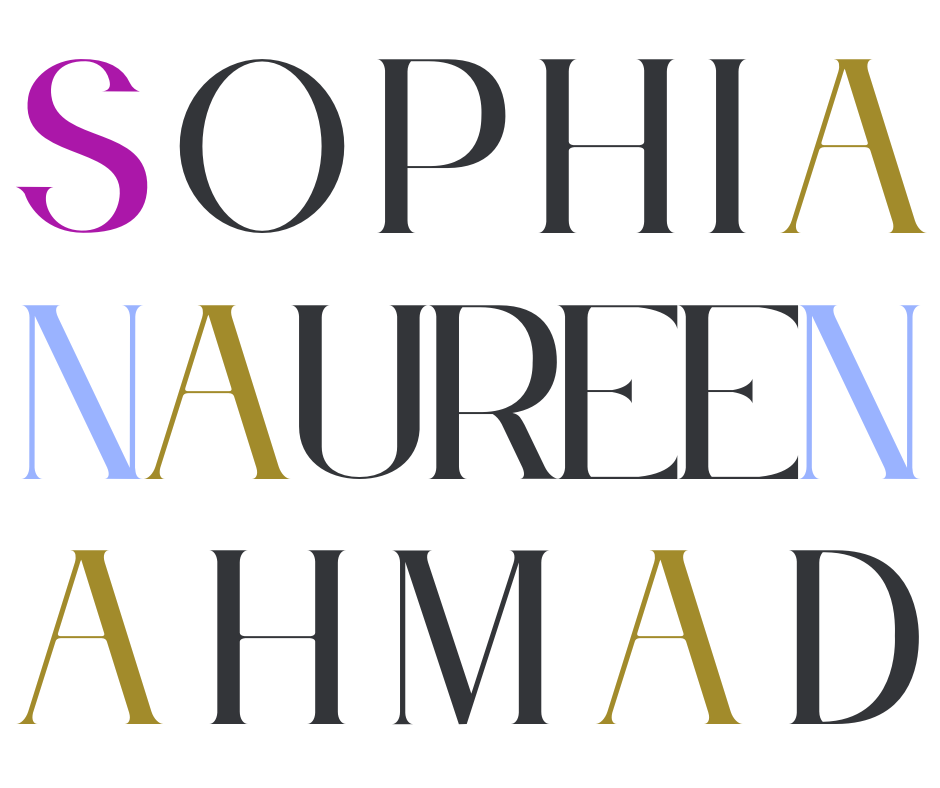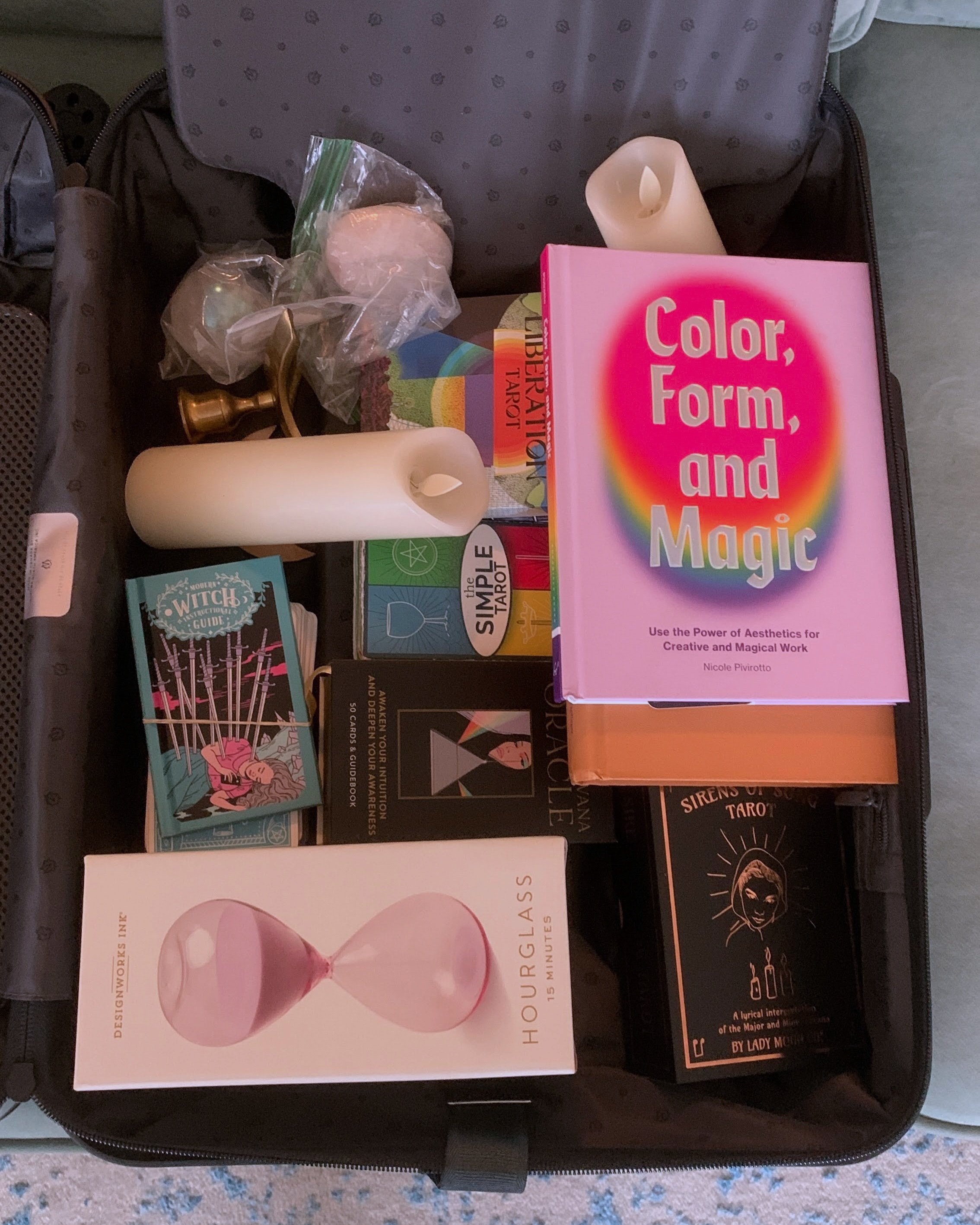Camp Color is an annual event held at Nike WHQ. It’s an opportunity for color designers to mingle and share their creative passions.
At Camp Color 2024 last week, the incredibly supportive team at Nike's Blue Ribbon Studio helped me convert this little greenhouse into a booth for tarot reading.
Me in my element.
At Nike's Blue Ribbon Studio.
I never imagined I'd have my own tarot booth and definitely not at work, of all places. But here we are! That’s Nike for you.
Inside the booth, I added music, various decks, essential oils and crystals to create a cozy atmosphere.
Packing for a days's work.
Smells that I love.
Tools of the trade —the sands of time, candles, bell, crystal ball.
A selection of decks I like working with.
A querent's tarot spread for "Past, Present, Future".
Nearby, we set up an activity table, featuring coloring pages I designed to illustrate the four suits of tarot — wands, pentacles, swords and cups.
Key elements in the suit of wands.
Tarot, like every obsession I've had, started as a coping strategy. Right before moving to Portland two years ago, I bought my first deck. It was a time of great change and uncertainty in my life. Everything about tarot — the imagery, symbols, vivid colors and language — drew me in and helped me untangle complicated emotions.
While I may have a crystal ball, I don't approach tarot as a way to predict the future. For me, it's a creative tool, a means to reflect my own thoughts, feelings and experiences back to me. Once I learned how to do this for myself, the most fulfilling aspect of tarot has been facilitating this experience for other people. This includes coworkers, friends and family.
Tarot creates space for unique, meaningful connection. It’s been a gift to me in both work and in life.
If you’d like to learn more about tarot, I designed these coloring pages expressly for that purpose. They cover the main themes in the four suits of the Minor Arcana, which I feel is a solid introduction to tarot for a beginner. I thought the act of coloring in the symbols associated with each suit might help people better retain their meanings.
Want a free download of these pages? Email me at sophia.n.ahmad@gmail.com. I’ll send a pdf directly to you.











